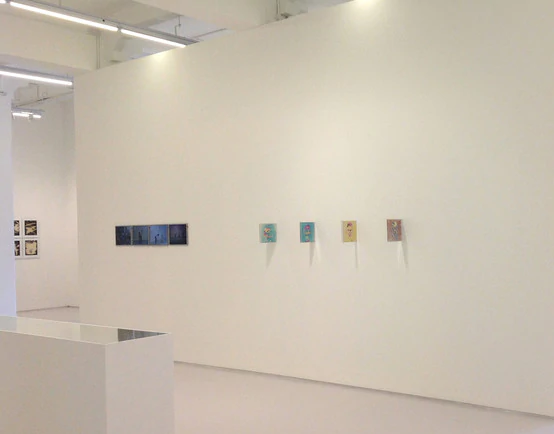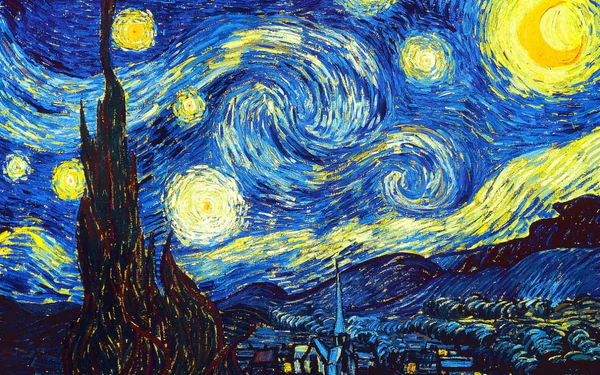The Lighting System of Gallery
Under the backdrop of economic boom and political stability, the gallery industry has mushroomed in recent decade. As the site of exhibition and sales of art works, the light plays a dual role in art exhibition as well as commercial attraction. In some private gallery, the site can also be the working place and thus the light should the responsibility of working too. Based on painters and the works own requirement, the professional light theory should be applied in the gallery.

The design of gallery is according to:
- The style of the work;
- Consumers’ appreciation;
- The technology of the light
The features of the light in gallery: color temperature and rendering prosperities;
The color temperature can mold an ambience which will exert a significant influence to people’s psychology. Different color temperature of the light will have an impact on the work presentation. In the exhibition, it is suggested that same color temperature should be applied so as to reflect the painters’ mood and the setting at the time being, which will assist to better display painters’ intention. The natural light is the most popular one chosen by painters.
Natural light is the best light source when an artist doing the creative process.
The color rendering index can be simply explain as the reduction of color, it will affect the viewing experience directly, different colors combinations will also have an impact on human psychology. If the color display different way with human habits, will easily cause the dislocation of psychological feeling, that make people feel anxiety in the environment that they stay in. Under white color light of painting display normally, illuminated in blue light might show a color effect occurs locally mildew. For painting, the colors of art, excellent color rendering is very important, we choose the light source for illumination that color rendering index greater than 90 for painting and art gallery.

Generally, we use CRI to represent the color rendering. Standard colors irradiated in standard radiation source, color rendering index is set to 100. When the color chart lighted by irradiation experiment, the extent of color distortion in the visual, that is such a source of CRI. With the larger the color rendering index, the less the distortion. Otherwise, with the greater the distortion, we could get the smaller color index.
The spectrum of Incandescent is spectrum continuous, the general color rendering index Ra=100, could restore all colors actually. But the source of incandescent is thermal radiation source, and the color temperature is too low, it’s not bright and white enough, that’ll cause inconvenience for the appreciation of art.
The color temperature of tungsten halogen lamp is generally about 2800K-3400K. It’s also a great color rendering with Ra=100. Low-voltage halogen lamps barely have infrared radiation, which is important for elimination of thermal damage. For an art exhibition, color temperature less than 4000K is still faint, 4500K-5600K would be perfectly.
As gas discharge lamp, have discontinuous spectrum which will cause eye fatigue, and might affect the judgment of buyers and connoisseurs in the gallery.
For functional lighting white LED, does not contain of infrared light and ultraviolet light, under the premise of rational design can be done without stroboscopic. In general, the color temperatures range between 2700K-7000K. But the CRI of ordinary LED is less than85, it’s not ideal for the color reduction of artwork. However, the current YUJI LED existing products can achieve a high CRI with Ra98, so in the current technical level, high CRI LED is the most suitable option of gallery lighting.

Conclusion
Painters, as a group who hold restrict to lights and colors, they put more emphasis on the non-numerical factors as well as visual and physiological feeling, which play a quite crucial role in light design. The better light condition in art gallery is supposed to be a concerted effort of the light designer and curator so as to meet the satisfaction of viewers, in which sense, it will not only ignite the potential collectors’ desire but also make a contribution in the realization of a variety of functions in gallery.
